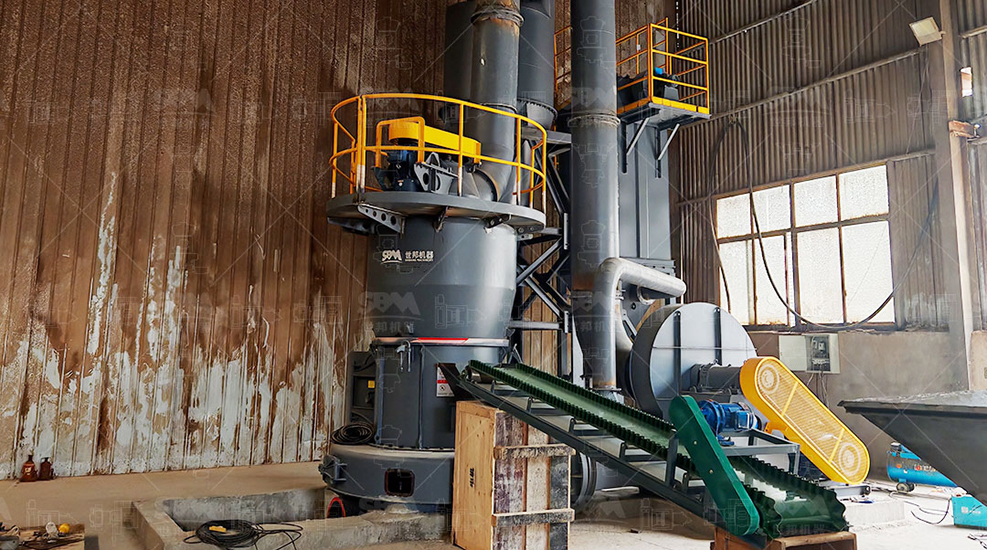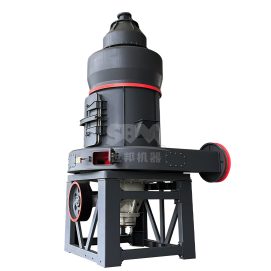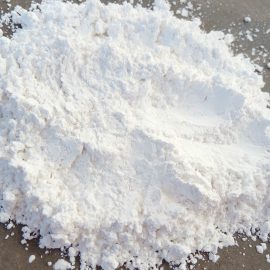
The demand for high-quality float glass necessitates raw materials of exceptional purity. Specifically, controlling iron oxide (Fe₂O₃) content in the dolomite flux is paramount. Elevated Fe₂O₃ levels, often exceeding a mere 0.05%, lead directly to critical manufacturing defects. This contamination results in bubble formation rates surpassing 0.2 bubbles per cubic centimeter (cm³) in the finished glass, a significant failure against the strict ASTM C1036-21 standard limiting bubbles to less than 0.05 per cm³.


Producing dolomite flux suitable for premium glass requires grinding technology engineered to minimize contamination throughout the entire process. Traditional milling components often introduce trace metal elements during processing, sabotaging efforts to achieve essential Fe₂O₃ levels below 0.03%. This level of purity is increasingly demanded by leading glass manufacturers to ensure optical clarity, thermal resilience, and compliance with the most stringent global standards.
The MTW European Trapezium Grinding Mill stands as the definitive solution for producing ultra-low iron dolomite powder for demanding glass flux applications. Its innovative design incorporates specific features crucial for achieving and maintaining the required purity levels:
Revolutionary Low Contamination Design: At the heart of the MTW mill’s purity capability is its integrated use of alumina ceramic rollers and wear-resistant linings. This advanced ceramic contact surface drastically reduces metal-on-mineral contact points compared to conventional manganese steel components. Independent operational studies confirm this design choice leads to an approximate 80% reduction in potential metal contamination, safeguarding the critical low Fe₂O₃ levels required in the final dolomite powder.
Precision Particle Size for Uniform Melting: Consistency is as vital as purity. The MTW mill delivers dolomite powder meticulously ground to a fineness of 325 mesh, achieving a remarkable 95% yield rate within this target specification. This uniformity ensures consistent reactivity and melting behaviour within the high-temperature glass furnace, typically operating at 1,500°C. Homogeneous melting prevents localized hot spots caused by oversized particles, significantly reducing the risk of corrosive attack on expensive refractory linings and improving furnace lifespan.
Optimized Fineness Control: The mill’s advanced internal powder classifier system provides exceptional control over particle size distribution (PSD). Capable of delivering final product sizes ranging down to as fine as 0.038mm (400 mesh), the MTW mill allows manufacturers to precisely tailor the fineness of their dolomite flux to their specific furnace conditions and glass formulations. This precise control optimizes melting kinetics and contributes directly to reducing annealing times downstream.
The impact of deploying the MTW mill for low-iron dolomite processing is quantifiable and significant. Large-scale production facilities have documented substantial improvements:
Engineered to handle the demands of producing tonnages of ultra-fine, low-contamination powder, the MTW European Trapezium Grinding Mill range offers diverse models tailored to specific production needs, from pilot plants to large industrial operations processing up to 45 tons per hour.
| Model | Max Feed Size (mm) | Capacity (t/h) | Final Size (mm) | Main Motor (kW) | Fineness Capacity |
|---|---|---|---|---|---|
| MTW110(Z) | <30 | 3-10 | 1.6-0.045 (0.038) | 55 | 325-400 Mesh |
| MTW138Z | <35 | 6-17 | 1.6-0.045 (0.038) | 90 | 325-400 Mesh |
| MTW175G | <40 | 9.5-25 | 1.6-0.045 (0.038) | 160 | 325-400 Mesh |
| MTW215G / MRN218 | <50 | 15-45 | 1.6-0.045 (0.038) | 280 | 325-400 Mesh |
| MRN198 | <45 | 12-33 | 1.6-0.045 (0.038) | 220 | 325-400 Mesh |
| MRN158 | <40 | 7-21 | 1.6-0.045 (0.038) | 132 | 325-400 Mesh |
Key Mill Features:
For non-metallic mineral processors targeting the high-value glass flux market, achieving ultra-low iron content in dolomite is non-negotiable. The MTW European Trapezium Grinding Mill provides the technological foundation required for this critical production: contamination-minimizing ceramic components, precise particle size control down to 400 mesh, and high-volume throughput. By integrating the MTW mill into your dolomite processing line, you unlock the potential to consistently deliver the high-purity flux demanded by premium glass manufacturers, enabling them to produce defect-free glass efficiently and meet the strictest international quality benchmarks.
Discover how the MTW European Trapezium Grinding Mill can transform your high-purity dolomite production. Explore our grinding solutions today.